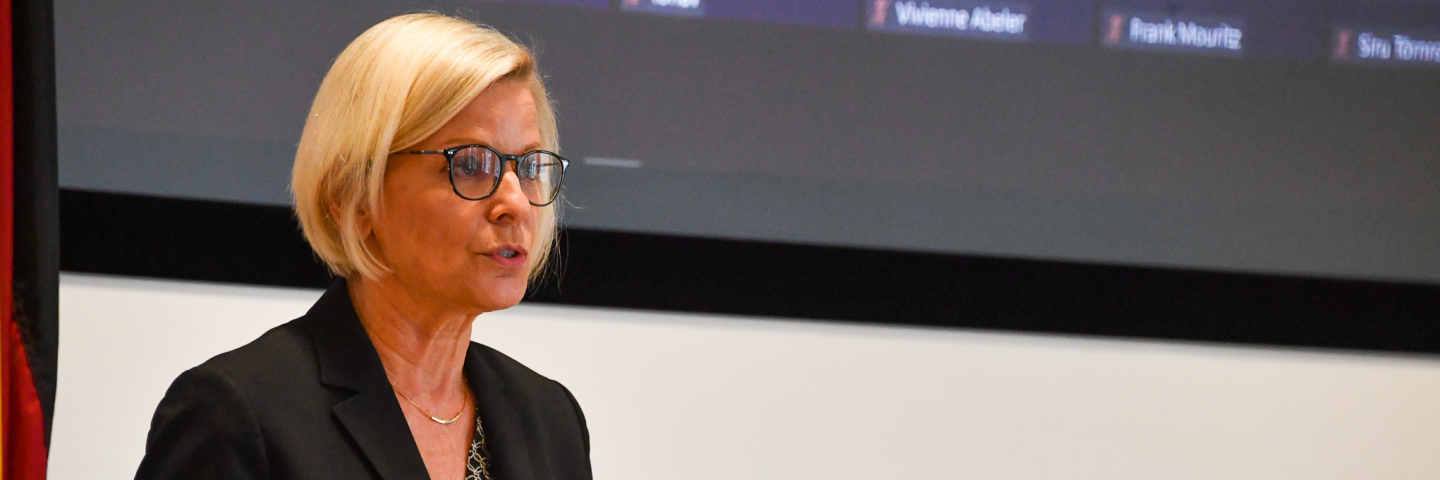
Sweden and Finland: Responses to the Russian Threat
Sweden and Finland: Responses to the Russian Threat
On the occasion of the Alumni in-residence-scholarship of Dr. Anna Wieslander, Director Northern Europe at the Atlantic Council, the Marshall Center organized an online seminar to analyze Sweden’s and Finland’s responses to Russia’s threats and aggression. The coincidence of Russia’s military attack on Ukraine on the same day made the seminar particularly relevant and timely.
Russian President Putin has insisted during the crisis over Ukraine that NATO should stop its enlargement towards Russian borders. The foreign ministry in Moscow warned in December that Sweden and Finland joining NATO “would have serious military and political consequences that would require an adequate response from the Russian side.” His demand has had unintended consequences in Europe’s Far North, reviving talk of whether Sweden and Finland should join the military alliance.
Following the opening remarks offered by German Deputy Director, Brigadier General (ret.) Helmut Dotzler, Dr. Wieslander shared important insights on why Sweden and Finland have so far refrained from adopting the “NATO option,” and under what circumstances their application for membership might be likely. While both countries do not seem to strive for NATO membership in a short-to-midterm perspective, the integration of their defense capabilities into NATO’s military structures has reached a higher degree than that of any other partner states. In a unique way, Finland and Sweden have managed to both establish unilateral whole-of-society defense identities (“total defense”) and invest in a patchwork of deepened bilateral and multilateral arrangements and enhanced partnership with NATO short of actual alliance membership.
Finland, Sweden, and NATO share a common interest in defending the Baltic Sea Region. It is in this regional context that both Nordic countries consider themselves as “allies.”
Dr. Kristi Raik, Director of the Estonian Foreign Policy Institute at the International Defense and Security (ICDS) in Tallinn, and Charly Salonius-Pasternak, leading researcher at the Finnish Institute of International Affairs (FIIA) in Helsinki, were invited to intervene with short comments. Viewed from Estonia and Finland, there has been some disappointment with the European Union’s management of the Ukraine crisis and with the EU’s hesitant approach towards the development of its strategic autonomy and defense identity. This is why only NATO is seen as a credible security provider, similar to prevailing perceptions in other parts of Central Europe.
The seminar was moderated by Prof. James K. Wither from the Marshall Center. It engaged nearly 60 participants from 17 different countries. The seminar was executed in cooperation with GCMC’s Alumni Programs Department, directed by Chris Burelli, and supported by Dr. Matthew Rhodes, Chair of the Area Studies Department, in the framework of the virtual Regional Security Series.
This podcast solely reflects the personal views of the contributors and does not represent the official policy of the U.S. Department of Defense, the German Federal Ministry of Defense, the United States, Germany, or any other governments.